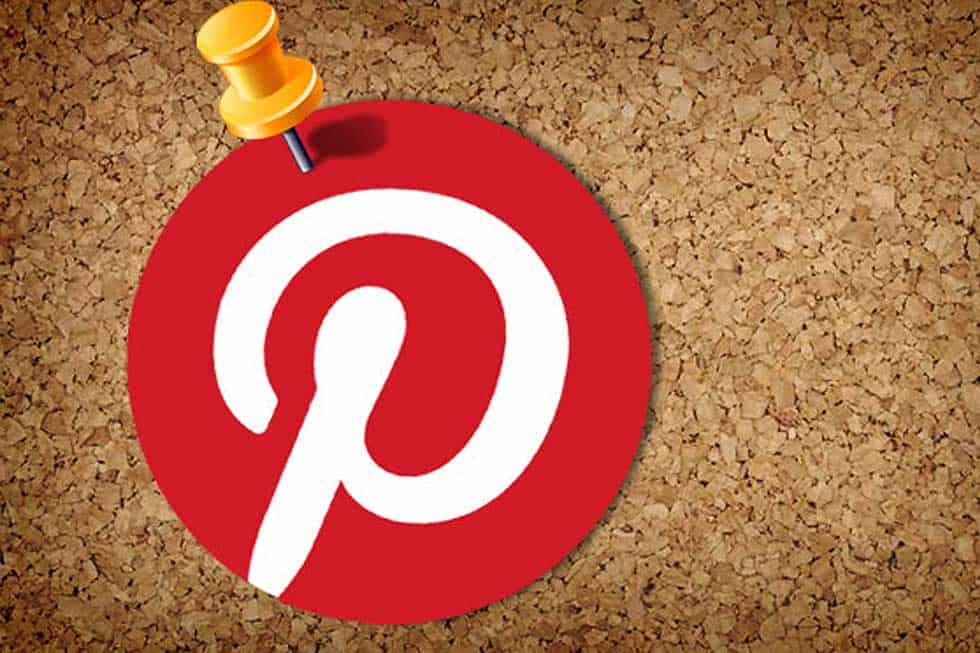
The power of Pinterest has always been curated user generated content, unadulterated by advertising. However, the addition of sponsored pins is sure to disrupt the organic user experience that made Pinterest one of the most popular social networks on the planet.
Pinterest has amassed a user base of over 70 million people, and it’s only logical to expect for them to harness that devotion to turn a profit. However, by introducing the ability for businesses to pay to have their pins pushed to user’s home screens, Pinterest runs the risk of compromising an otherwise brilliant user experience, and triggering backlash from its loyalists.
When Twitter introduced sponsored tweets in June of 2011, they came under fire for similar reasons. Luckily, twitter advertising has since taken off, proving to be an effective way for businesses drive sales. A major distinction when comparing Twitter to Pinterest, is that Pinterest is an image-based platform with less room for content above the fold. In short, there’s more to “break” and less room for advertisements to fly under the radar.
In an email from Pinterest’s CEO to all of its users, promises were made that promoted pins will be “tasteful”, “transparent”, “relevant” and “improved based on your feedback”. While the warm and fuzzies are much appreciated, many remain skeptical. Relevance seems to be the key in this equation, as it is what users of any search engine or social network crave more than anything. Google, for example, has dramatically revamped its search algorithm to reward relevant content that aligns with user’s needs.
As we’ve seen with the launch of Apple’s iOS 7, people have strong reactions to change. Especially when it involves a product or service they love. Pinterest is hoping that negative reactions to the introduction of promoted tweets will fade once users accept it as a reality they must live with. We anxiously look forward to seeing how this play out.
Let`s Get
In Touch
Contact us today for a free consultation
and cost estimate for
your project.
We work with companies in all
industries, big or small.
Give Us a Call: 786-529-6039
Services
©2024 FUZE DIGITAL INC. Ignite Your Brand™ | privacy





